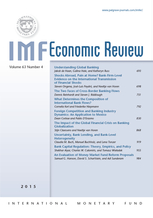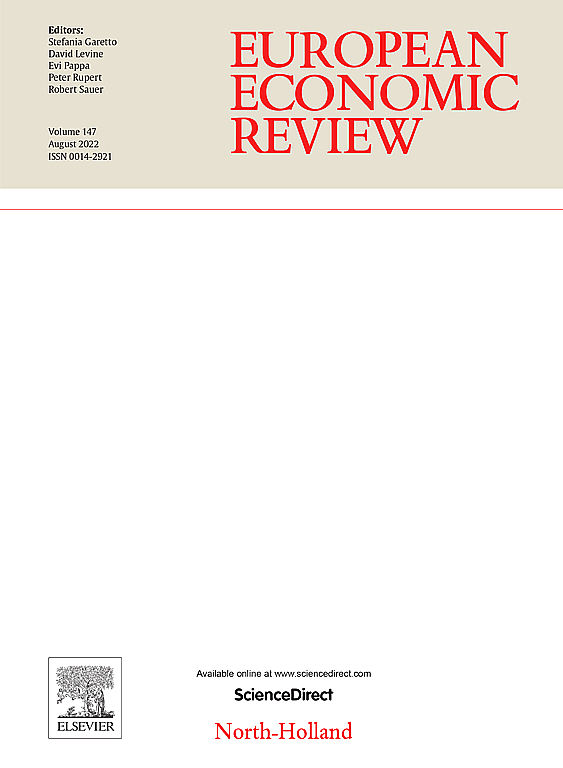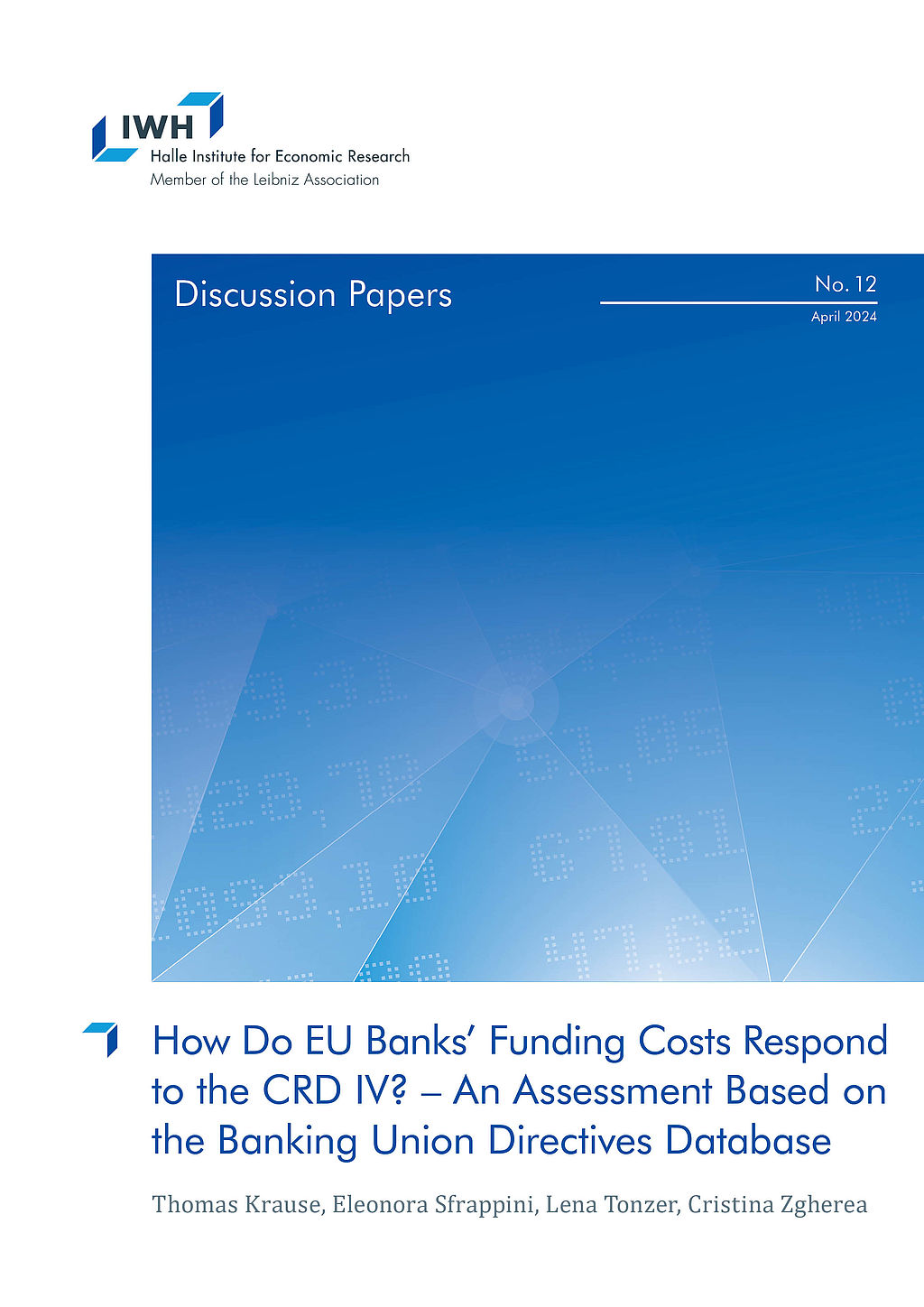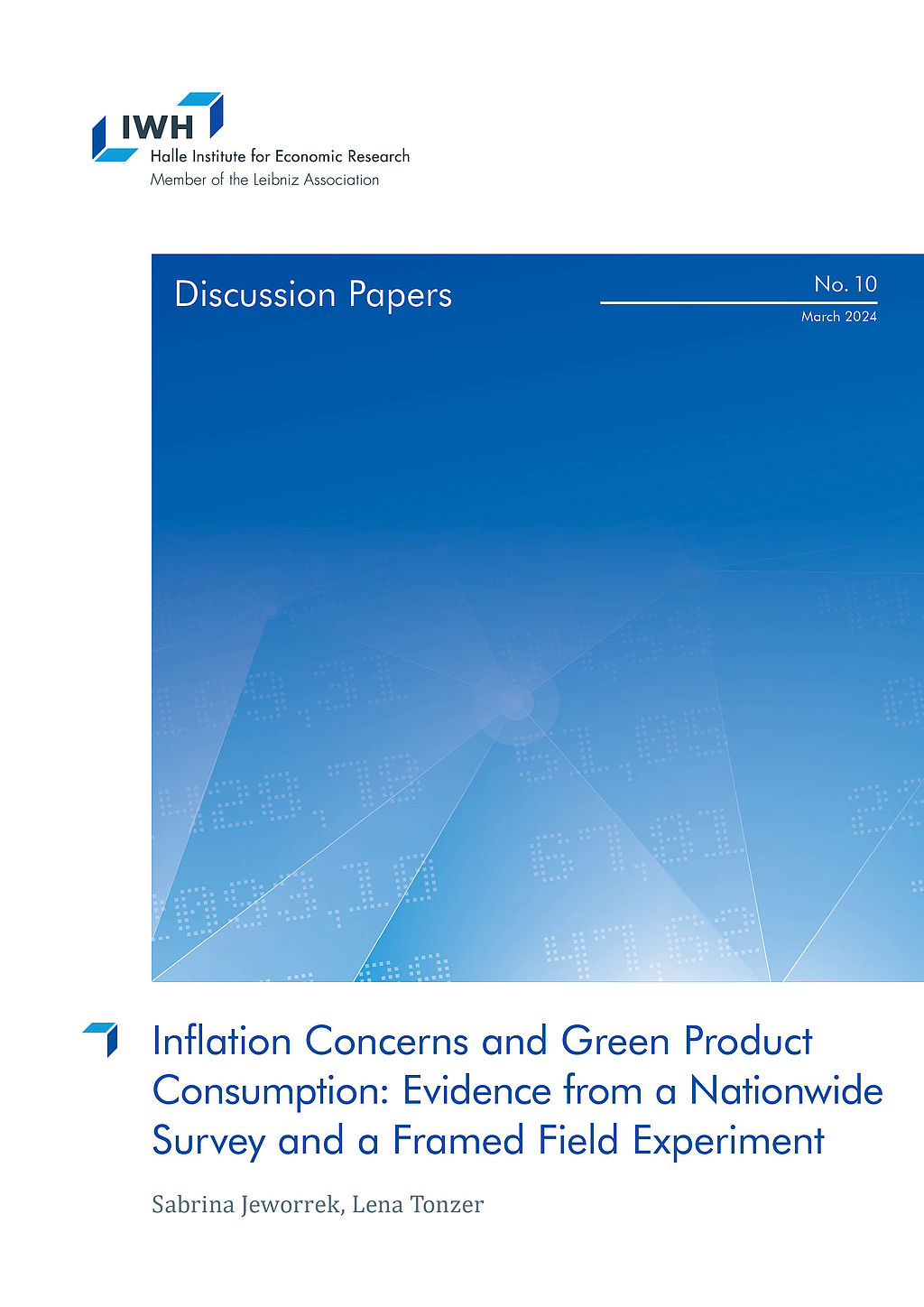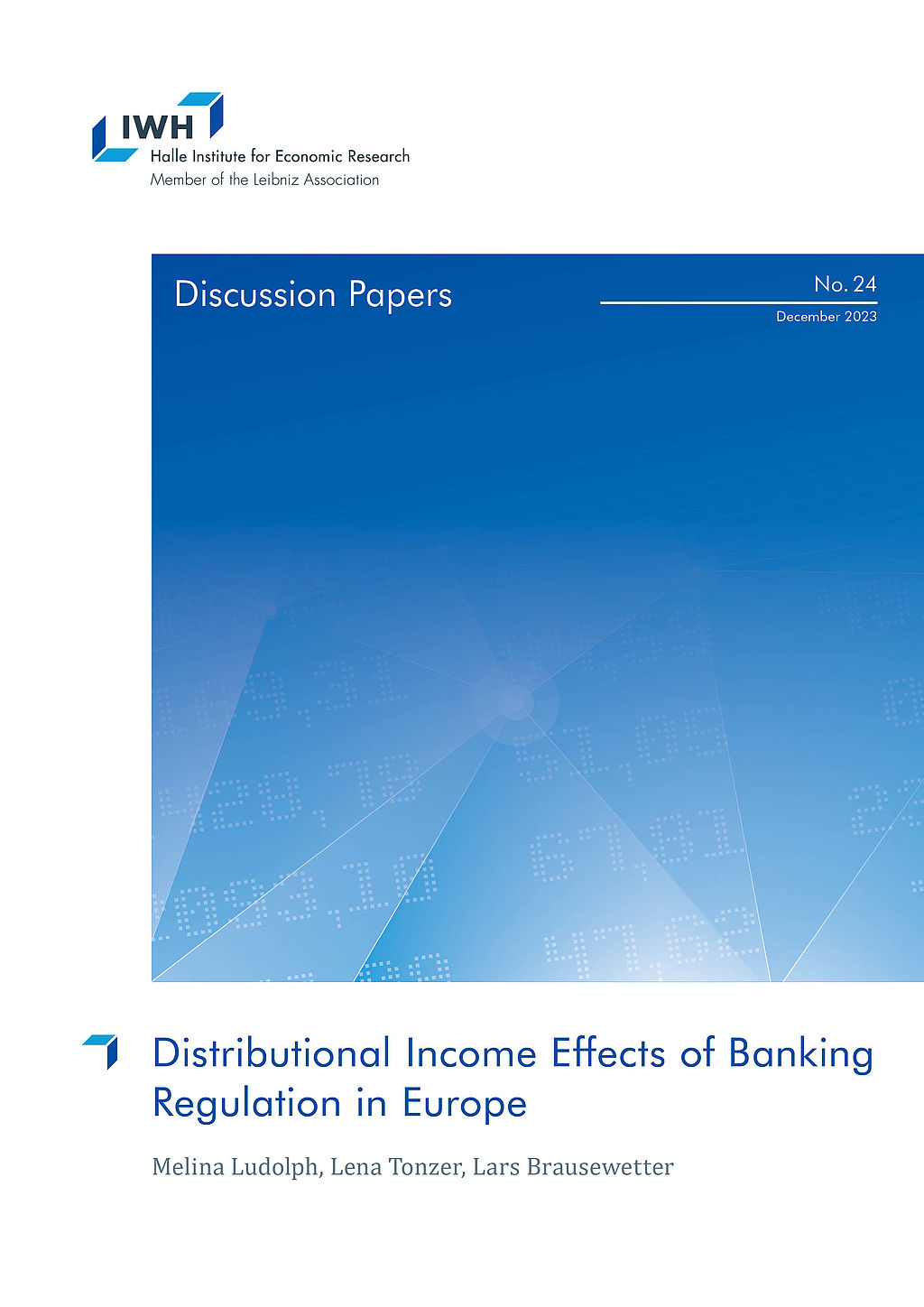Professor Dr Lena Tonzer

Current Position
since 9/21
Research Fellow Department of Financial Markets
Halle Institute for Economic Research (IWH) – Member of the Leibniz Association
since 5/14
Head of the Research Group Regulation of International Financial Markets and International Banking and Head of the International Banking Library
Halle Institute for Economic Research (IWH) – Member of the Leibniz Association
since 4/23
Professor
Otto von Guericke University Magdeburg
Research Interests
- banking and sovereign debt crises
- integration of financial markets
- banking regulation
- International Banking Library
Lena Tonzer is a Professor at Otto von Guericke University Magdeburg since April 2023 and a member of the Department of Financial Markets at IWH since May 2014. In 2019 she joined the SUERF Research Affiliate programme. She was head of the ESF project The Political Economy of the European Banking Union from 2017 to 2022. Her research focuses on banking and sovereign debt crises, integration of financial markets, and banking regulation.
Lena Tonzer received her bachelor's and master's degree from University of Tübingen, and her PhD from European University Institute (EUI) in Florence, Italy. From 2017 to 2021 she taught at Martin Luther University Halle-Wittenberg, from 2021 to 2023 at VU Amsterdam.



